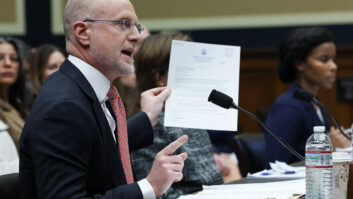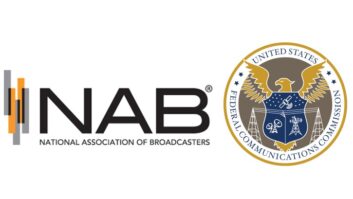A low-power FM station in Jupiter, Fla., is facing a whomping $25,000 fine from the Federal Communications Commission — whomping, at least, for most LPFM stations.
The Enforcement Bureau issued a notice of apparent liability against Jupiter Community Radio and its station WJUP(LP).
It said Jupiter operated the station at the wrong power level, with the wrong antenna and from the wrong location; that it failed to make the station available for timely inspection as required; and that it didn’t have EAS equipment in place.
Agents from the Miami bureau found that WJUP was broadcasting from the roof of a multi-unit residential building more than a quarter mile from its licensed site and that it was using a two-bay antenna rather than its authorized one-bay model.
After some problems reaching Jupiter President Wayne Manning, the agents eventually were able to do an inspection and reported that the station also had a transmitter power output of 100 Watts and effective radiated power of approximately 177 Watts, compared to the licensed TPO of 45 Watts and ERP of 20 Watts.
They also said the station did not appear to have any EAS equipment. Manning told them that the EAS equipment was at the studio, which is on the premises of a local church that has its own LPFM station, WOIB; but despite several requests the agents said Manning provided only logs for WOIB, none for WJUP.
The bureau noted in its summary of the case that Manning had sent them e-mails and letters to advise that Jupiter had “turned down” the station’s transmitter, replaced the antenna with the correct model and “taken care of the violations.” But the FCC said none of these included a declaration attesting to the accuracy of its responses, as required by its earlier notice of violation.
Thus it says the station violated four sections of FCC rules. “These types of violations make it difficult for the commission to manage the radio spectrum, to ensure the accuracy and reliability of the technical data in its licensing databases, to fully investigate violations and to ensure compliance with the commission’s rules by entities subject to the commission’s oversight,” it wrote.
“At any time, Jupiter could have cured these violations or could have sought authority from the commission, such as through an application for special temporary authority or an application to modify the station’s license; yet it did not.”
The licensee has 30 days to reply or to pay the fine.
Read about the case here. DA-20-1248A1.docx






